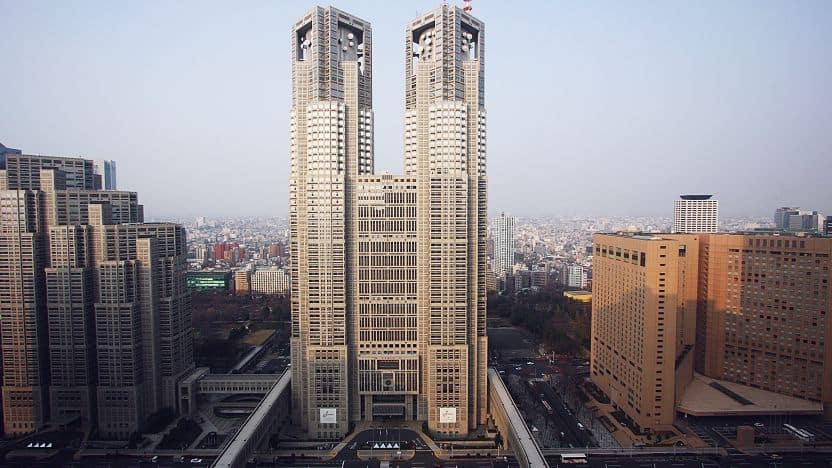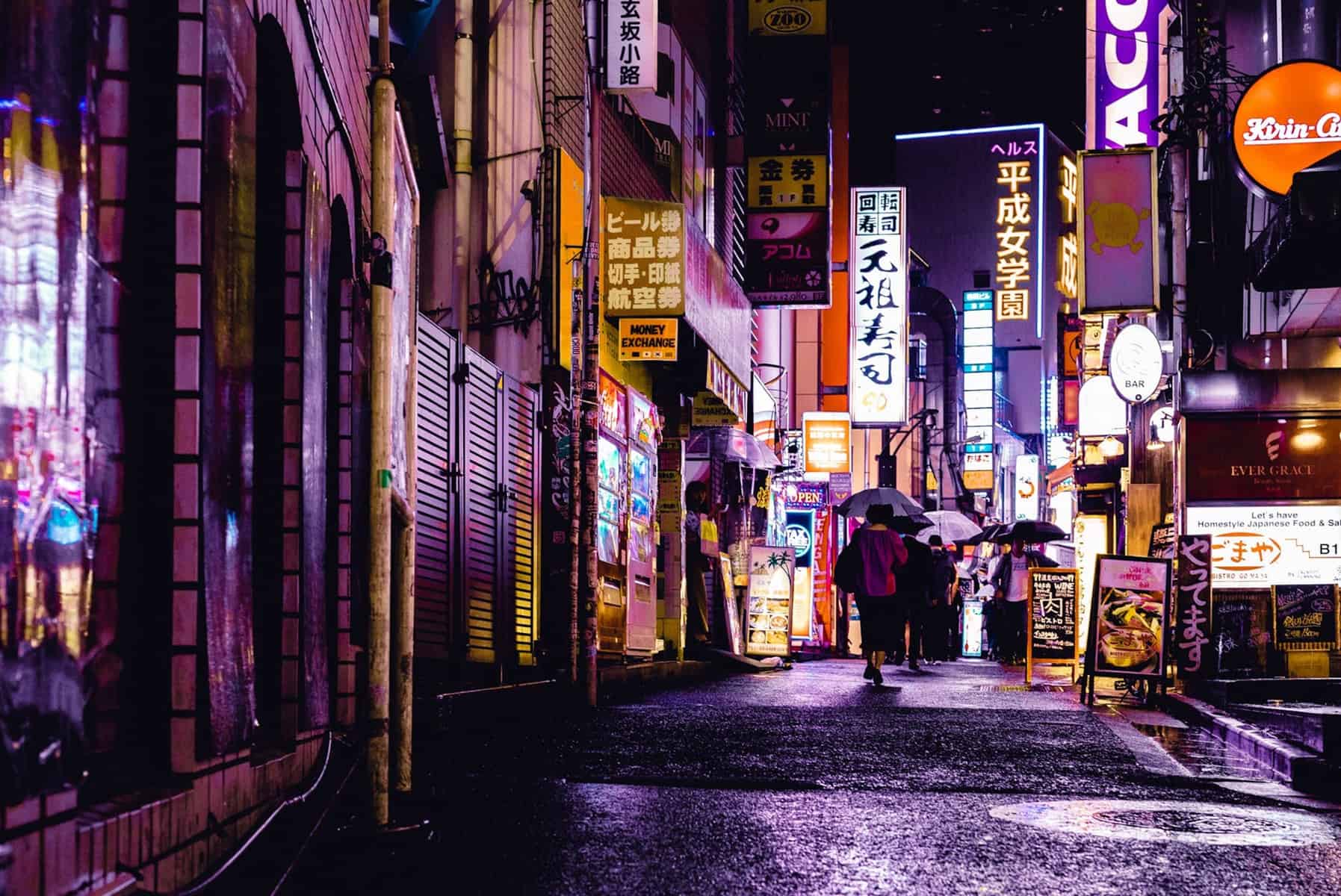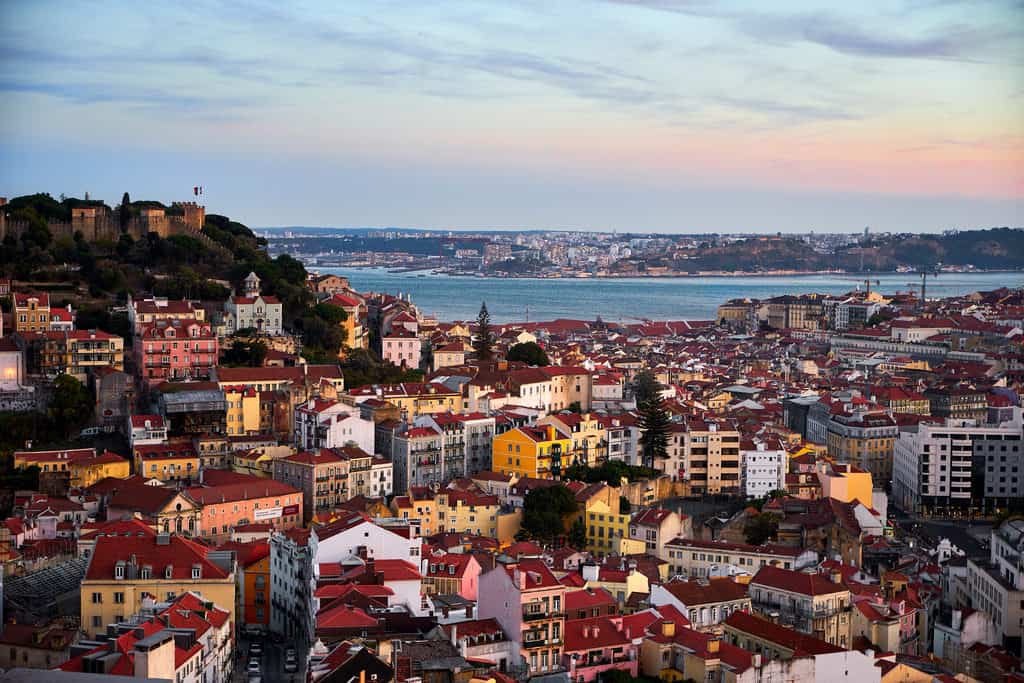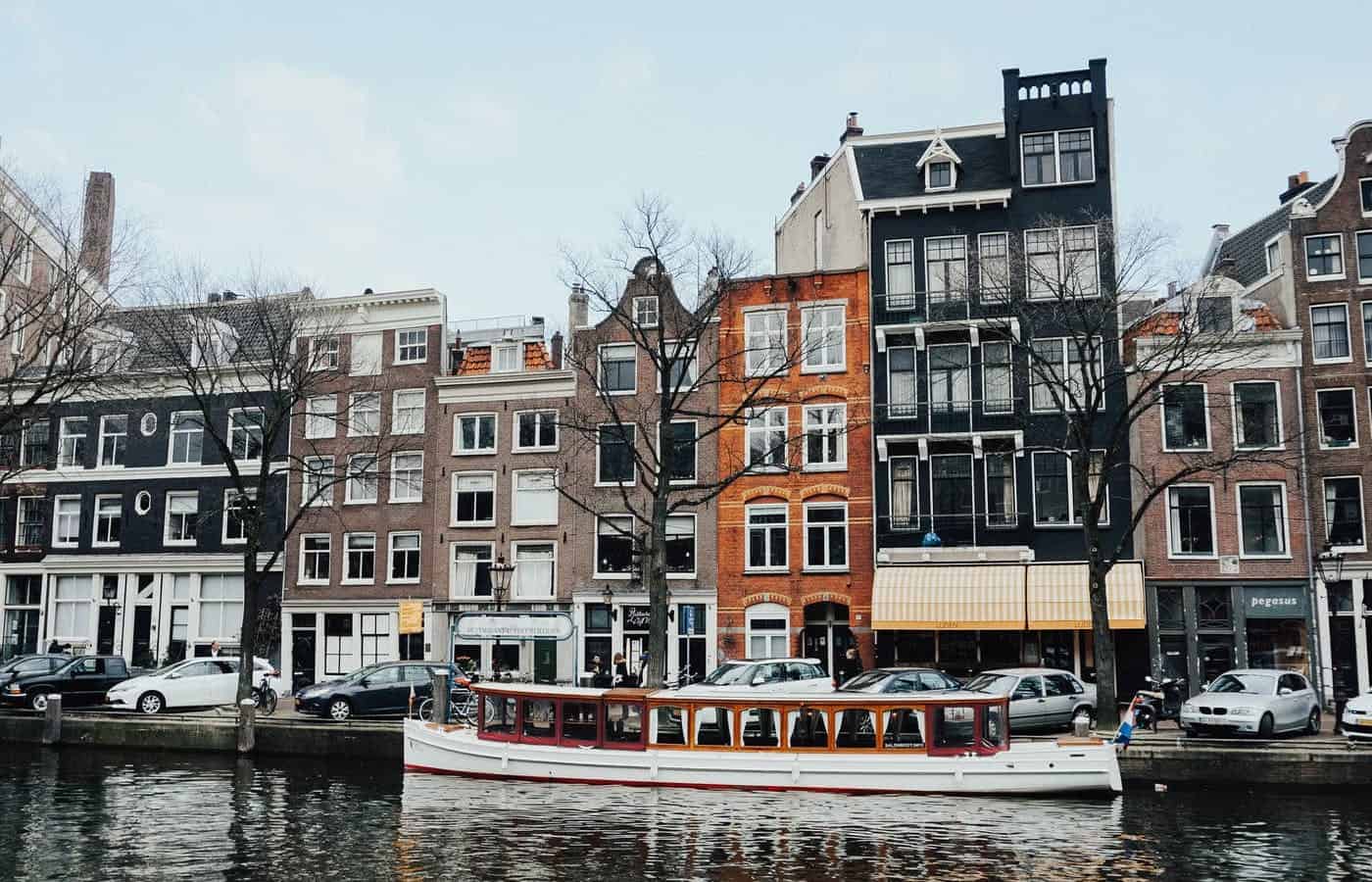Looking our Airbnb Tokyo Regulations? Airbnb as well as Airbnb-style accommodation, which are known as Minpaku, have gone through sanctions from June 15th, 2018. As a potential or existing host, here are the main things you need to know to prepare yourself for renting your short-term rentals effectively and legally in Tokyo.
Airbnb Tokyo Regulations: Will I be able to legally rent out my property or home on Airbnb?
You will be able to do this, however this can only be done with restrictions. The new law, known as the Minpaku Law, allows you to rent your home or vacation rental properties through Airbnb or other short-term vacation rental website such as HomeAway and Booking.com.
The law requires hosts or homeowners to register their properties with the local government. This registration process includes submitting proof that you are of sound mind as well as as well as your property going through fire safety checks.
Here are the main stipulations for Airbnb Tokyo hosts:
- You can only rent out your home or vacation property for a maximum of 180 days a year.
- Local municipalities have the final authority to regulate rentals in their area and are allowed to place further restrictions on the 180-day national cap, as well as banning Minpaku all together or stipulating certain months when serviced apartments won’t be allowed.
An example of this can be seen through the restrictions implemented in Ota-ku, Tokyo. The city of Ota-ku was the first to pass regulations (on December 8th, 2017), making all Minpaku in residential districts in Ota-ku illegal (making 70-80% of its area restricted, where hotels are also not allowed to operate).

Image: Tokyo Local Government
Do I have to register with the local government to operate a rental for Airbnb?
It is implemented by law that hosts or property owners are required to register with authorities. However, according to the Japan Tourism Agency, there have only been 232 registrations nationwide. For reference, Airbnb currently have 60 000 property listings in Japan.
However, if you do not legally register, you could be fined as much as ¥1,000,000.
Will this affect my potential short-term vacation rental guests?
The short answer? No. The main reason behind the implementation of the vacation rental regulations in Tokyo were to bring some order to an industry that is already thriving in Tokyo currently. It was recorded that in 2017 alone, a record of 28.7 million tourists entered Japan. However, they are aiming to host a whopping 40 million tourists by 2020 for the summer Olympic games.
The choices of where to stay in Tokyo as well as how to look for accommodation will increase significantly as major companies in Tokyo are entering the short-term private accommodation industry. The Japan Travel Bureau (JTB), considered to be one of Japan’s largest travel agencies, have made their way into the market in 2017.
Airbnb have also partnered with Family Mart so your guests can pick up the keys to their accommodation at the nearest convenience store. This will provide a seamless experience for the guests that would like the option of after-hours check-in.
YourWelcome Advanced can help with staying on top of local regulations. Get in touch to learn how! Send us a message or visit our website – we would be happy to answer any questions!
Airbnb Hosts In Tokyo Have Increased Revenue By Installing a Point of Sale In Their Property
Find out how Airbnb Tokyo Hosts are making a killing from selling services through a dedicated Point of Sale.
DOWNLOAD our FREE GUIDE by filling out the form below:




